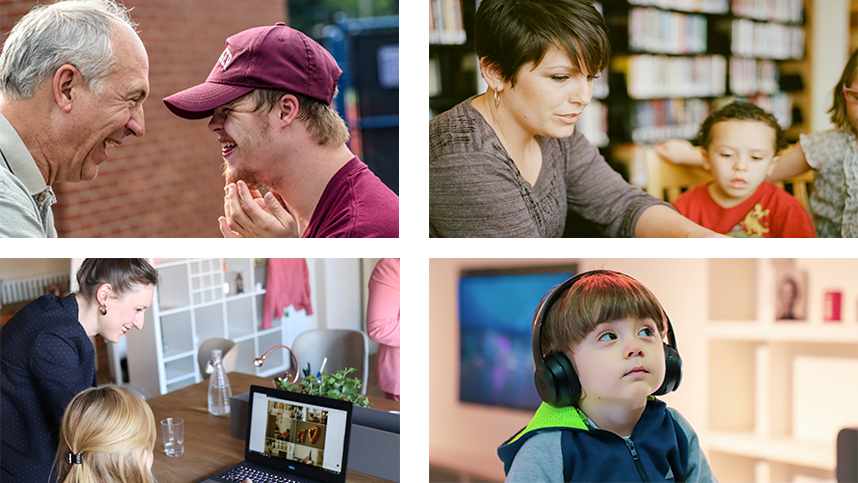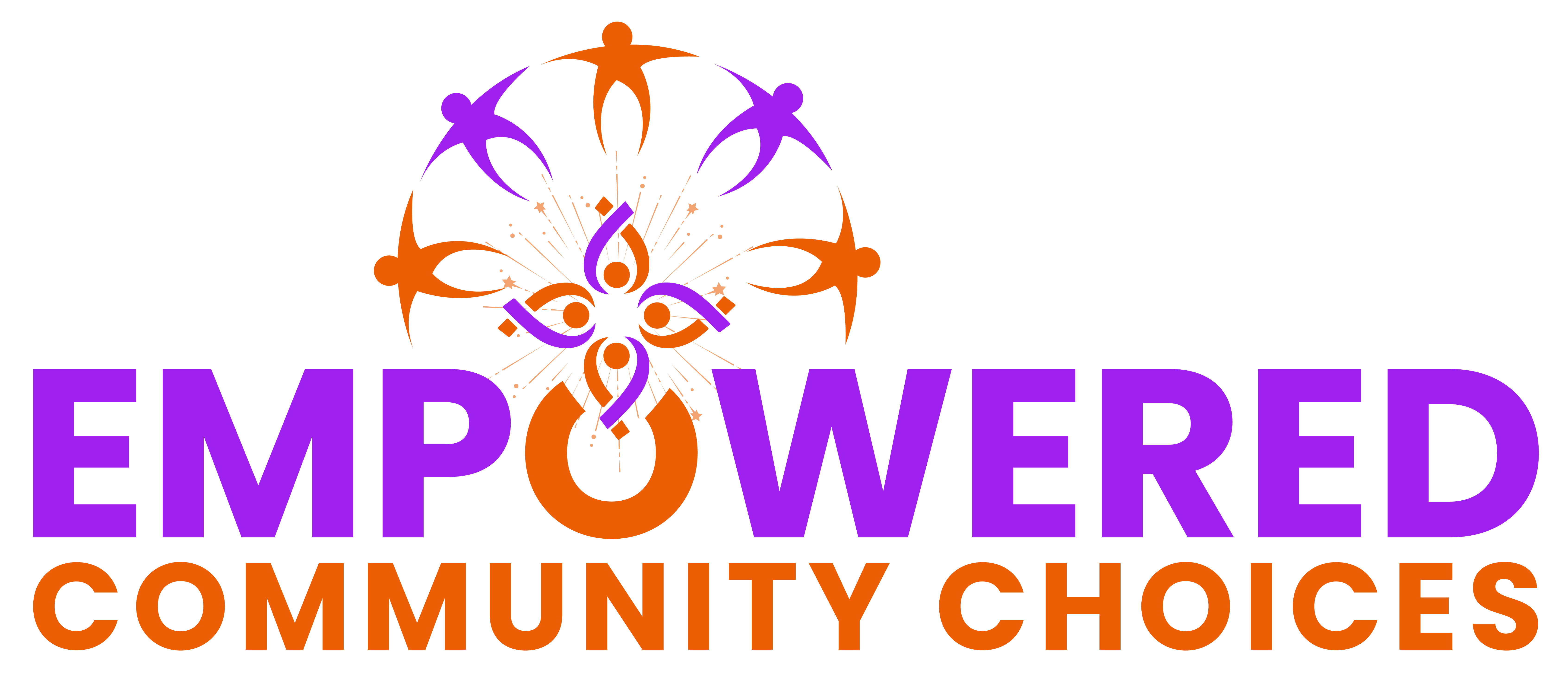Empowered Community Choices
At Empowered Community Choices, we provide tailored Allied Health Services for people with disabilities. Our goal is to empower individuals with new skills and opportunities. We aim to bridge the gap between what clients are able to do and what they would like to do. Empowered Community Choices promotes inclusivity to enhance well-being and autonomy through our quality of support and services.
Services
What we offer you
We work with a variety of disabilities, such as Autism and other neurodevelopmental disabilities. The supports provided are as unique as the individual and aim to equip the person to live their best life and also reach their NDIS goals.
How we can assist in the home
- Daily Living skills such as building and teaching independent life-skills
- Basic cooking, nutrition, diet and food coaching
- Money matters and budgeting support
- Mentoring
- Behaviour support
- Family coaching
Personal Development
- PEERS® Social Skills Program
- Social skills training for friendship skills of making and keeping friends
- Facilitating social skills training groups
- Mentoring
- Assistance with education access and modifications
- Transition Support
- Advocating and empowering individuals to advocate for one self
How we can assist at school
- Behaviour support
- Support with education and modifications
- Transition support
Other Services
- Assessments and Complementary therapy approaches including diet and food coaching
- Pet Assisted Therapy
- Acupuncture
- Aquatic therapy for sensory regulation, recreation and fitness
Developmental Educator Services:
The qualification of a developmental educator represents the evolution of the inclusive social model which has moved away from the medical model that once was. A developmental educator qualification represents a neuroaffirming practice approach by accepting and embracing the diversity and uniqueness of an individual and by providing access, equity and justice for that person. Developmental educators have a holistic approach when working with individuals and provide person-centred planning to individuals, their families, carers, and other stakeholders. Developmental Educators support people with disabilities to succeed in reaching their aspirations and goals.

Developmental Educators can provide family coaching/education so that the family can better connect with and understand their family members with a disability, therefore, being more supportive of them. This also includes assisting families and family members with a disability in practising new skills and routines. Developmental Educators may also assist people with disabilities by advocating on their behalf and providing community education. Community education aims to improve the person's environment in which they work, study or play by changing the attitudes towards people with disabilities and encouraging acceptance of people's diversity.
Early Intervention
Our Developmental Educator can assist and build skills in the following: Physical Development-gross motor development, fine motor development, Language and Communication development including receptive and expressive language, speech, alternative communication, understanding verbal concepts, following directions, social language and building vocabulary, Cognitive Development including understanding foundational concepts (such as colour, shape, weather), matching and visual discrimination to assist is school readiness. Social/Emotional and Sensory Development includes social skills, emotional regulation, behaviour support and sensory needs.
Services
we offer to
- Support social skills development and strategies to make friends and handle social challenges while managing the growing educational demands.
- Assess your child’s current developmental level and needs.
- Collaborate with you and your family; and all the stakeholders to formulate a unique transition plan that will enable your child to adjust to each new grade.
- Identify and eliminate environmental barriers that are hindering a successful transition.
- Support and modifications to therapy when needed to ensure the child continues to progress.
- Create supports to develop skills for achieving the person's goals in education and employment by coaching.
Services
we offer to
- Support and strategies for the development of life skills, confidence, handling peer pressure, and advocating for oneself.
- Support with daily tasks.
- Assessing the individual's strengths and abilities.
- Collaboration with the individual's support network to design a plan that will focus and build the person's skills, abilities, and independence.
- Strategies to support and improve social skills and maintain friendships.
- Identify and eliminate environmental barriers that are hindering the individual's progress and development.
- Create supports to develop skills for achieving the person's goals in education and employment by coaching.
Services
we offer to
- Support for young adults transitioning from adolescence to adulthood.
- Support to develop and refine life skills.
- Comprehensive assessments of strengths and areas that require development.
- Build capacity of self-care and health literacy to enable independence.
- Identify and eliminate environmental barriers that are hindering the individual's progress and development.
- Create supports to develop skills for achieving the person's goals in education and employment by coaching.
Our Fees
All our service fees are charged in line with the NDIS Pricing Arrangements and Price Limits. Additional Travel Fees will be included, these are lower than the standard rate and are charged based on your location. Please enquire if you wish to know what your travel fees will be.
Frequently Asked Questions

We would like to acknowledge the Aboriginal and Torres Strait Islander people as the Traditional Owners of this land where we live, work, learn and grow.
We wish to acknowledge and show our respect for their Elders, past and present, for their continuing culture
and the contributions they make to the life of our community, both now and in the past.
